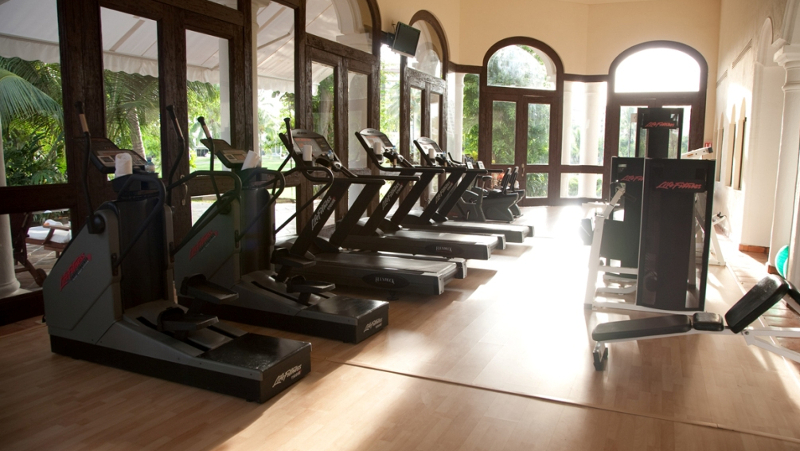Birmingham fitness enthusiasts have called for more education and staff presence after a study revealed that seven out of ten women have suffered harassment at the gym.

A national study of 3,774 gym members (1107 female and 2667 male) found harassment was a frequent issue in gyms across the UK.
The study found that nearly 71% of women had been targeted while working out at the gym.
Out of those, more than 20% changed their clothes or appearance when going to the gym.
One-quarter of females stopped using gyms completely or switched gyms.
More than 30% of females changed their gym routine, schedule, or avoided certain areas at the gym, with one in five women feeling unsafe or uncomfortable at their gym.
The study also disclosed that over 92% of cases of harassment against females go unreported.
Birmingham Eastside spoke to two female gym users who asked to be identified by their first name, about the harassment they have faced while at fitness centres.
“That’s heartbreaking,” said Lisa, when told about the statistics. “That just makes me very sad cause no women should be harassed while trying to be healthy, or to better themselves, I don’t understand why men can’t just leave us alone.”
With most of the figures reportedly rising, gyms are being called upon to do more to make their members feel safe.
Madi, a 23-year-old said: “That figure makes me feel angry because the only thing someone, or in this case a woman, should have on their mind at the gym is their workout, not the 71% possibility of being harassed.
“I think there should be more staff walking around and maybe they should be trained on stepping in if there is an uncomfortable-looking gym member, woman or man.”
Employees in gyms in the West Midlands have to follow Health and Safety Guidance set by the gym itself and undergo basic training.
Lisa, a 30-year-old, said: “It’s more about the education behind the men that is the problem.
“If men are not taught that objectifying a woman is wrong then that is what they are going to do no matter where they are.”
Lisa said the majority of harassment she has faced were whispers behind her back, such as: “why is that woman weightlifting?” or “why is that woman at the gym shouldn’t she be at home?”
Lisa added: “I’ve learnt to just ignore it like many other women have to.
“I did have one guy stand very close to me while I was moving from one machine to the other and his hand brushed my bum and I just walked away from him, I don’t know if he meant to touch me or if it was an accident.
“It did play on my mind for quite a while after it happened and I wished I had just asked him.”
Madi said: “The (experience) I remember most vividly was towards the end of 2019 where a man came up to me while I was doing a circuit.
“I was sat down so when he came over, he was physically towering over me.
“All he actually wanted was to tell me that I wasn’t doing it right and that a “girl of my body type” should do it a different way.
“I was a bit dumbfounded because I don’t think anyone apart from gym instructors or a PT have the right to comment on that.
“Anyway, I said something like “um thanks”, hoping he would go away but instead he asked me what I tend to eat and how often I come to the gym. I was shocked and quite upset so I just stood up and left.”
The study revealed the number of cases reported by women is slowly rising.
Lisa said: “I think the main reason (I’ve spoken about harassment) is women are being encouraged to speak out about harassment with the Me Too movement and more recently Sara Everard’s death encouraging women to speak out and not just sit in silence.”
Madi added: “I think it’s important that people understand that harassment isn’t just physical, especially when it comes to gyms, a place where physical activity is key.
“It’s about power and in my case, that man thought he had some kind of power over me, or a sense of entitlement to me, my time, my workout or my eating habits.”

